|
Socially conscious music has been changing the world for decades. And it all started with women.
Socially-conscious music is our thing ‘round here, so we know this to be the truthiest truth: Women are at the forefront of cultural change. Always. So it should come as no surprise that when it comes to the impact of music on social change, yet again, women have led the way. With anthems covering topics from racial injustice and inequality to women’s rights, contraception, war protest and the environment, we’re kicking off Women’s History Month celebrating these 13 legendary women, who were some of the first to give voice to the most critical social issues of our time.
A vivid and gruesome portrayal of black bodies as the “strange fruit” hanging from poplar trees, the song is a cultural landmark. In 1999, Time magazine named it the “Song of the Century,” for its cultural and historical significance. It’s in the Grammy Hall of Fame. In 2002, it was added to the National Recording Registry by the Library of Congress. It’s not just a song, friends. It’s the song. As an anthem of resilience and a call to confront the painful truths of the past, fostering reflection in the ongoing struggle for racial equality, protest songs begin and end with Billie. (And that gorgeous, haunting voice.)
While it was years later that Gore came out officially as a lesbian, the song remains to this day an iconic, cultural milestone for the queer community and feminists alike. Leslie’s syrupy, 60s pop-perfection delivery is full magic. And we’re still obsessed.
Released in 1967, the rousing “I Wish I Knew How It Would Feel To Be Free” became one of Nina’s many anthems to define the movement, conveying the innate human desire for freedom and right to self-expression. A poignant, rallying cry, the song reverberates across generations, continuing its demand for equality and liberation in the face of oppression.
While sparking great controversy at the time, the song was widely acclaimed for Loretta’s candid approach and unapologetic expression of women’s bodily autonomy. A landmark moment in music, “The Pill” remains today a major milestone in the ongoing fight for women’s rights. A landmark achievement in the history of recorded music, Aretha walked away with two Grammys for Respect in 1968, and was later inducted into the Grammy Hall of Fame for her powerful rendition. As a defining symbol of empowerment in both the feminist and civil rights movements, Aretha’s soul-stirring performance is consistently ranked as one of the most important and influential songs of all time. Like Billie’s “Strange Fruit” above, “Respect” was added to the National Recording Registry by the Library of Congress, recognizing its indelible cultural and historical impact. Put some R-E-S-P-E-C-T on her name. Reddy deservedly walked away with the Grammy for Best Female Pop Vocal Performance for “I Am Woman” in ‘73, alongside a nomination for Song of the Year. A symbol of female strength and solidarity, the song resonated widely, contributing to the broader social and cultural shifts of the time, and continues to this day to be celebrated as a cherished anthem for women’s rights and the feminist movement. Big Mama broke every rule and pushed every boundary, tearing down gender norms and all expectations of what women, and particularly Black women, were expected to be as she took command of her music, her image, and the stage, as a force to be reckoned with. Big Mama’s “Hound Dog,” hits from the perspective of a powerful woman who is in command and is unwilling to put up with any bullshit from a lowlife, “hound dog” of a man who’s snoopin’ round her door. She sees through him. She’s not about to have it. And she’s letting him know about it. Obviously that wasn’t a song Elvis could sing. (If you’d like a little more about Big Mama, click here to read our tribute to her from our Pride Song of the Day series.) The fearless golden songstress, poet laureate among an entire generation of singer-songwriters, brought us “Big Yellow Taxi,” in 1970, one of the celebrated tracks on her seminal Ladies of the Canyon. Reflecting on environmental and urban development issues, the song expresses concern about the impact of human activities on nature. And in signature fashion, Joni is both whimsical and incredibly poignant at the same time. More than 50 years later, it seems we still don’t know what we’ve got till it’s gone. Give us spots on our apples. But leave us the birds and the bees, please.
She followed this up by becoming the first Black woman to perform on the stage of the Grand Ole Opry, breaking those barriers even further down. And then in 1970, Martell released the first full length country album by a Black female artist, Color Me Country. (Damn.) Talk about a pioneer… In what was virtually an exclusively white industry, rife with racial prejudices and stereotypes, what Linda Martell accomplished - and endured - was profoundly heroic. Even after her triumphs, Martell would continue to encounter resistance and discrimination from both audiences and industry professionals as a Black woman. Tragically, with the lack of support, despite her talent and groundbreaking achievements, Linda struggled to gain widespread acceptance in the genre, and would ultimately step away from her career. Despite her limited commercial success, Martell’s revolutionary place as the first Black woman in country music is celebrated among those who know her story, and cherished especially by the beautiful Black women in the industry who have followed in her footsteps (and continue her pioneering work in the country industry), such as Rissi Palmer, whose groundbreaking podcast, Color Me Country, is named after Martell’s legendary album. Boots aren’t just sexy. Boots are power. Boots mean business. Boots aren’t messing around. And in this legendary anthem of female empowerment, Nancy is makin’ it clear: Boys, if you don’t get your shit together, the boots are gonna walk all over you. Released in 1966, alongside the rise of the feminist movement, and conveying such a confident sense of strength and independence, it’s abundantly clear to us how Nancy and her 60s pop-perfection classic became a symbolic and enduring anthem in the ongoing fight for women’s liberation across the generations. “Are you ready boots? Start walkin’…”
While the tune didn’t make a lot of noise commercially upon release, it stands right alongside any Motown anthem calling out the ills of society and racial injustice that Marvin, Stevie or the Temptations would go on to put out. Martha sings of her beloved Johnny who has been shipped off to Vietnam and is lost in combat. She’s got everyone comin’ at her about how she “should be proud,” how those who are “too blind to see” what’s real want to tell her he was “fighting for” her. And then she hits with: “But he wasn't fighting for me, My Johnny didn't have to fight for me, He was fighting for the evils of society.” Martha was telling everyone about it. Young Black men being sent off to war to kill and die for a country that’s murdering them in their own streets. What freedom? Martha speaks plainly. Johnny was a “victim of the evils of society.” When Dolly dropped “Just Because I’m A Woman,” she put feminism front and center, and traditional gender roles on trial - which, of course, were found guilty as charged. No more double standards. No more imposed expectations. The groundbreaking song joined in chorus with the likes Loretta Lynn and Tammy Wynette, who, alongside Dolly in the mid 60s, had begun to challenge the conservative norms within country. Since that time, the song has become an anthem, empowering the generations of beautiful and strong women who have followed in Dolly’s footsteps, paving the way for country music to be utilized as a platform to discuss women’s rights and social change. “Just Because I’m A Woman,” was not simply a musical triumph for Dolly - though it was most certainly that. It was - and remains - a cultural landmark in the evolution of country’s music’s themes and social consciousness. The power, beauty, the royalty of the feminine… it resides in Chaka because it resides in all womankind. If there is an anthem that draws women together more comprehensively in unity and solidarity with one another, we’re just not sure what it is. Chaka’s soaring vocal over the irresistibly danceable disco beat was not simply a timeless, smash single. It resonated and tapped into the very essence and glory of women, everywhere, all time. “Don’t bother to compare, ‘cause I’ve got it…” The impact and influence of Chaka’s triumph has only continued to deepen and grow over the years. And if you need any further convincing, take a minute to watch this clip from the 2021 Newport Folk Festival from her Facebook profile - where the ageless wonder Chaka was invited to the stage as a surprise guest of the gorgeous and prolific Allison Russell, and absolutely sets the place on fire.
Joining them are hundreds of the gorgeous women who walked alongside them and have followed in their footsteps, as a part of our month-long celebration of Women’s History. All women. All month long! Let us know what YOUR essential Women’s History Month jams are in the comments below - We’re adding new music to the library all the time! Let’s radio together.
You Might Also Like...
0 Comments
Leave a Reply. |
Categories
All
AuthorJonathan Bristow - Ascent Creator & Director. Jonathan is a queer, recovering pastor, dreamer, lover, and amplifier in the middle of the mess. Stepping into a lifelong dream in 2021, he created Ascent Radio to offer music lovers a handcrafted radio platform at the intersection of great music and social change. Jonathan lives and breathes music, and believes fiercely in the power of music to draw us together and inspire us toward a better world!
Alongside his work as the Creator and Director for Ascent, he is a freelance writer, and is author of the blog, Finding Jonathan, where he reflects on his journey of simultaneously losing and finding himself all at once, living through trauma, and learning to love and embrace who he is. As a sayer of the words, Jonathan writes content for socially conscious brands, artists and industry professionals. To connect with him about writing on a project that needs the perfect words, connect with him over on his LinkedIn profile, or email at: [email protected]! Archives
June 2024
Listen to Ascent! |
Sitemap: |
Links:Contact: |
Email ListAll the happenings around the station delivered to your inbox!
|
...Inspiring hope and change through the power of song. |
Follow Us!
Ascent Radio is a registered trademark with the USPTO. All rights reserved.
Proudly powered by Weebly

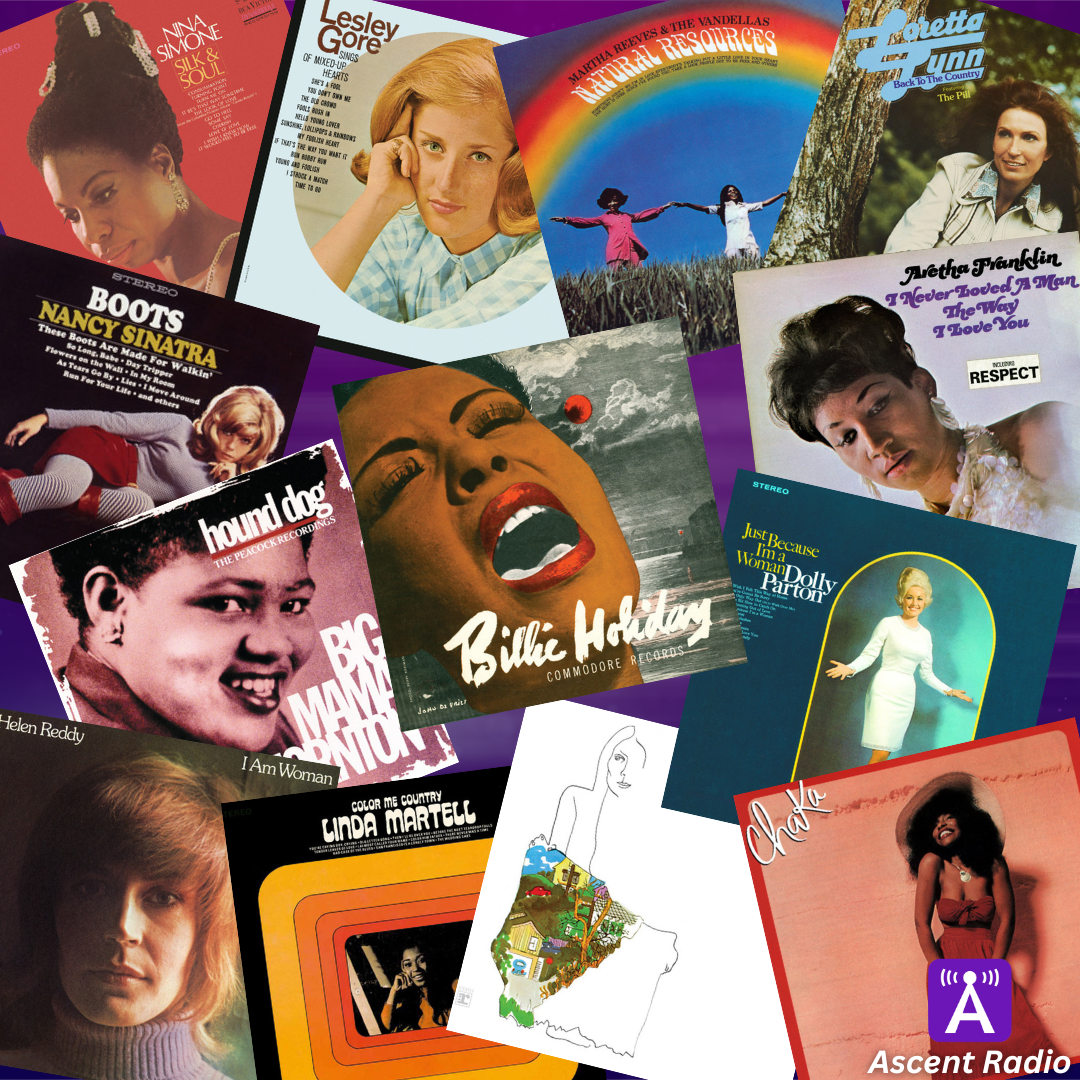
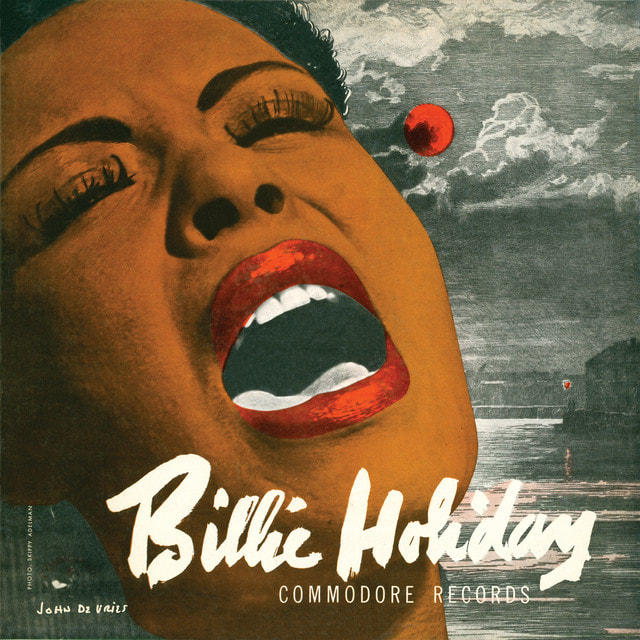
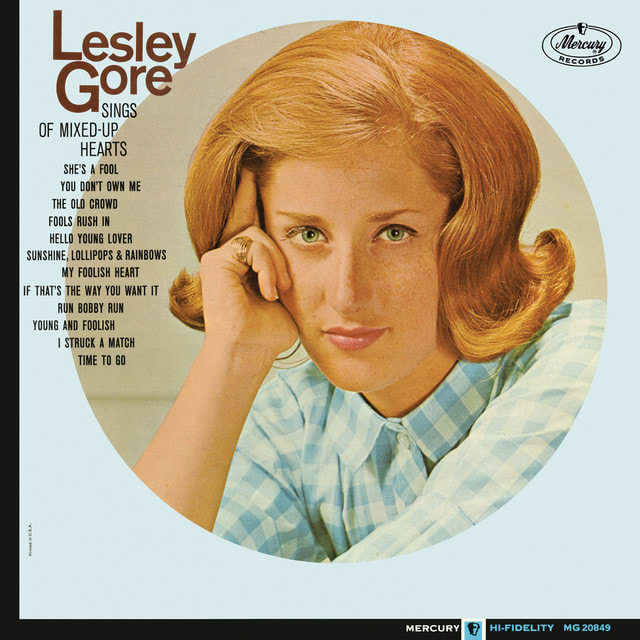
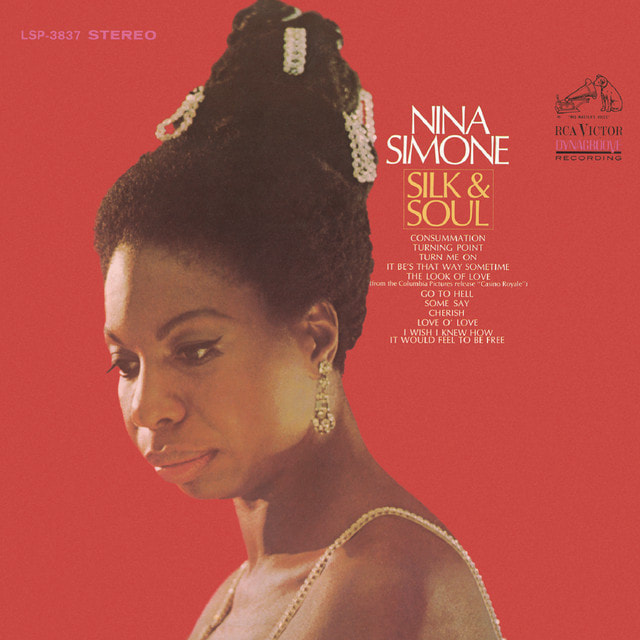
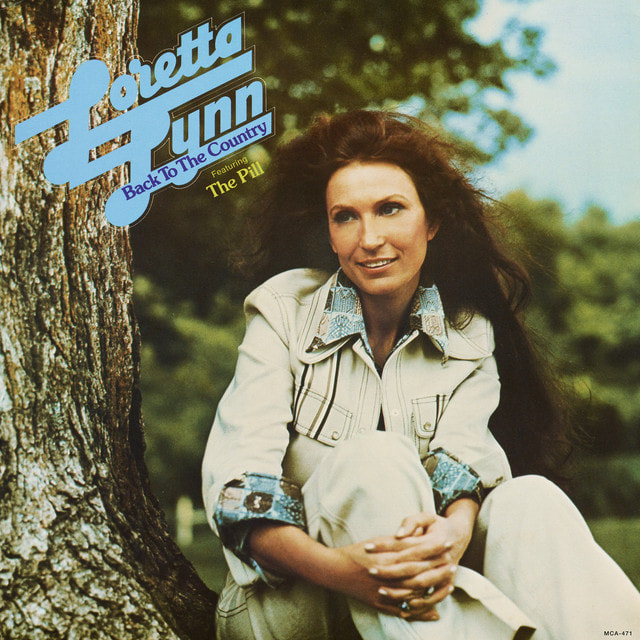
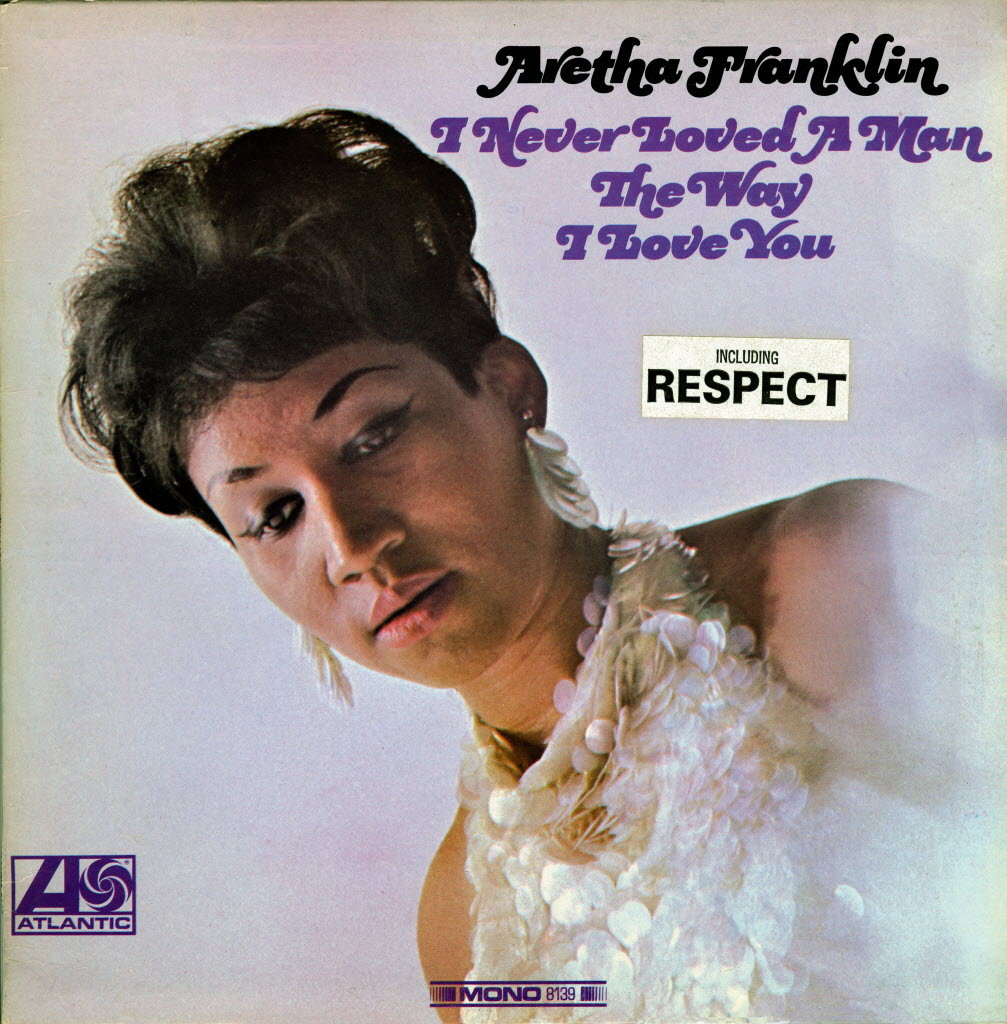
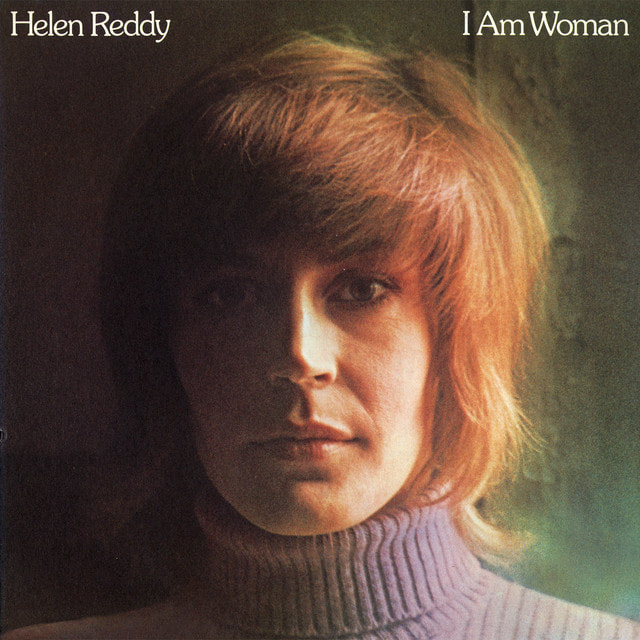
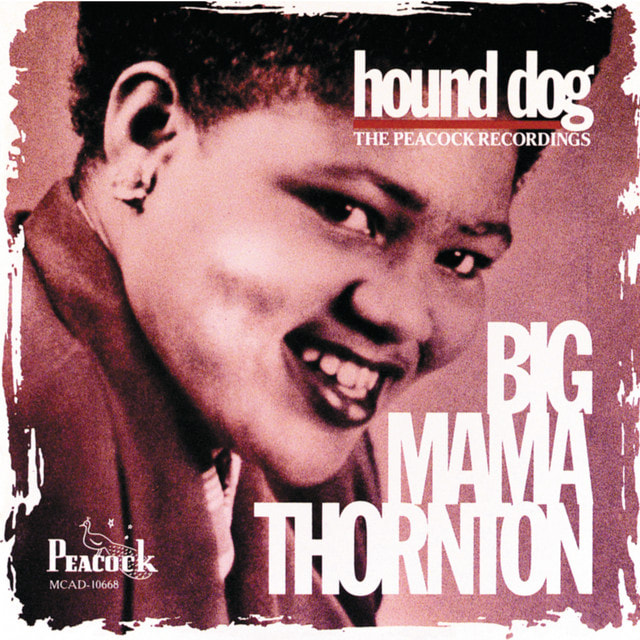
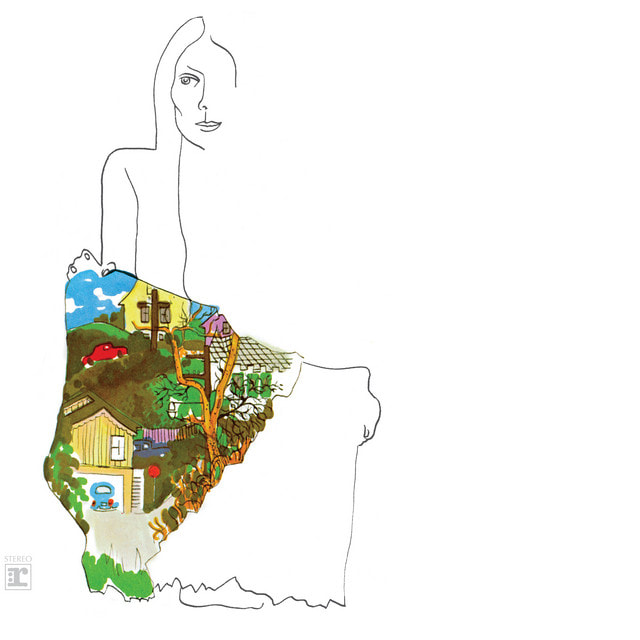
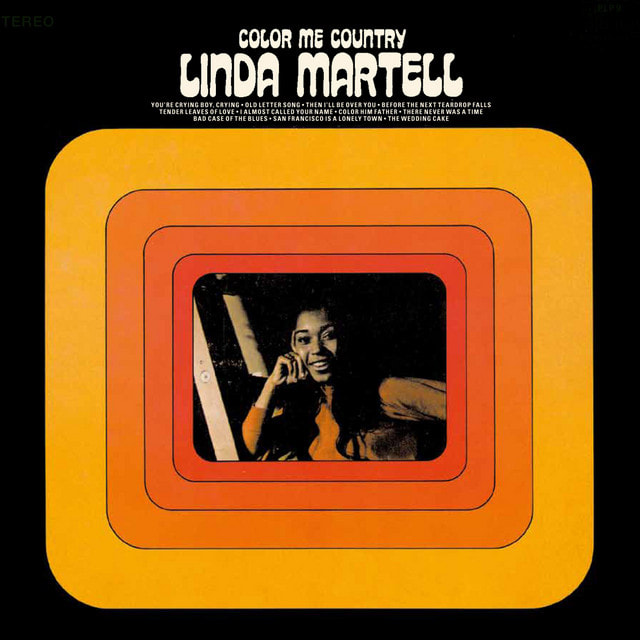
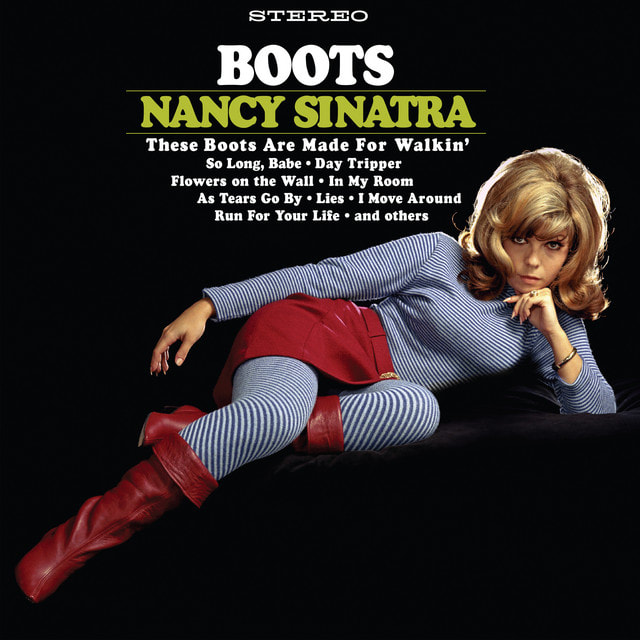
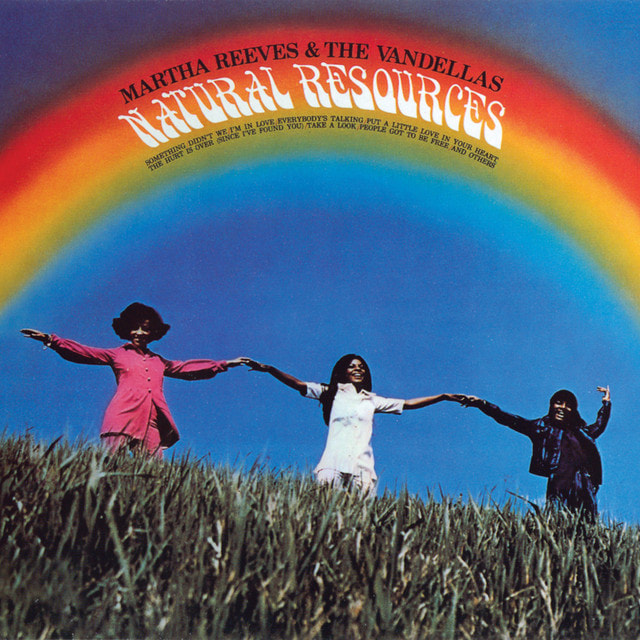
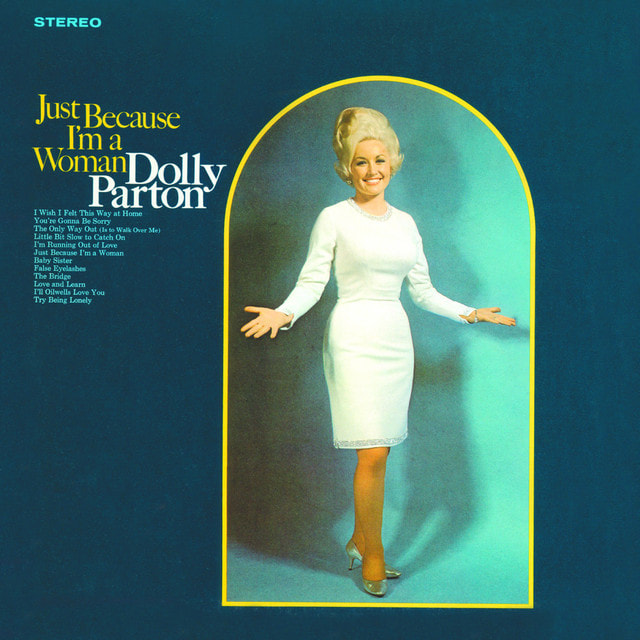
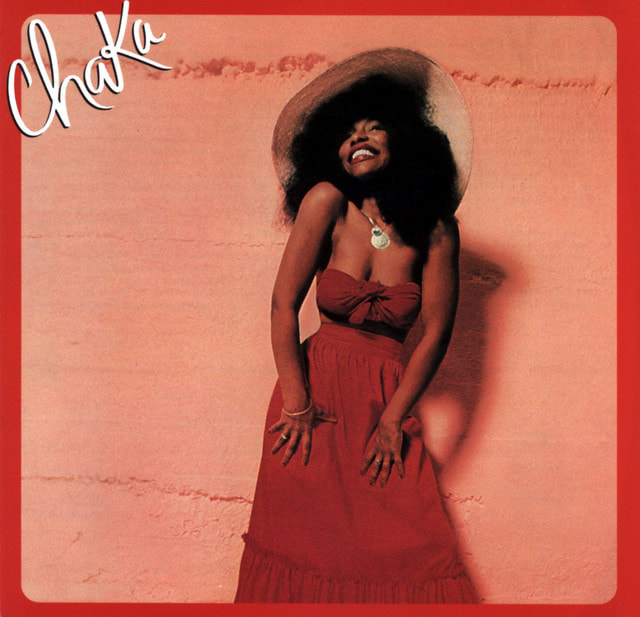
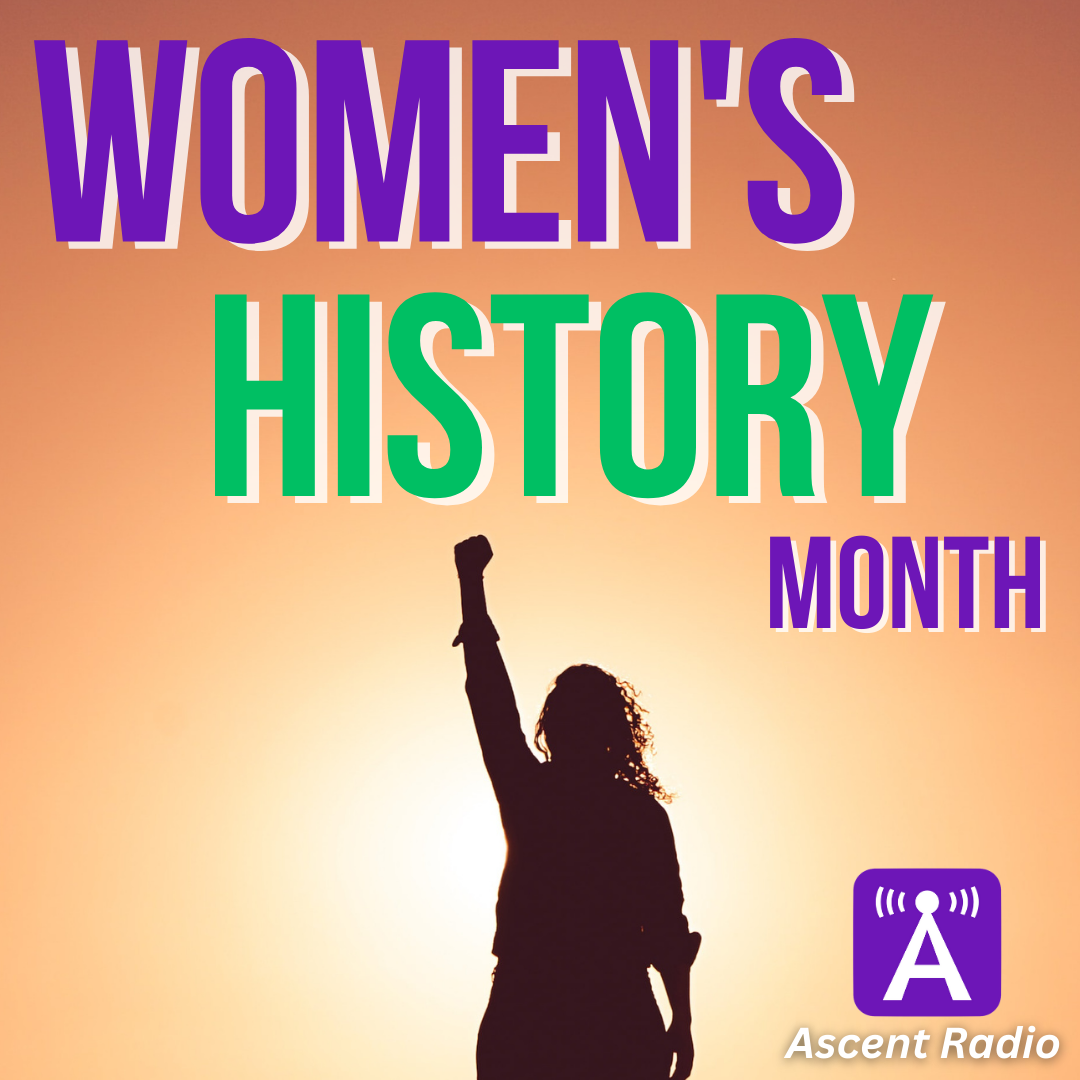


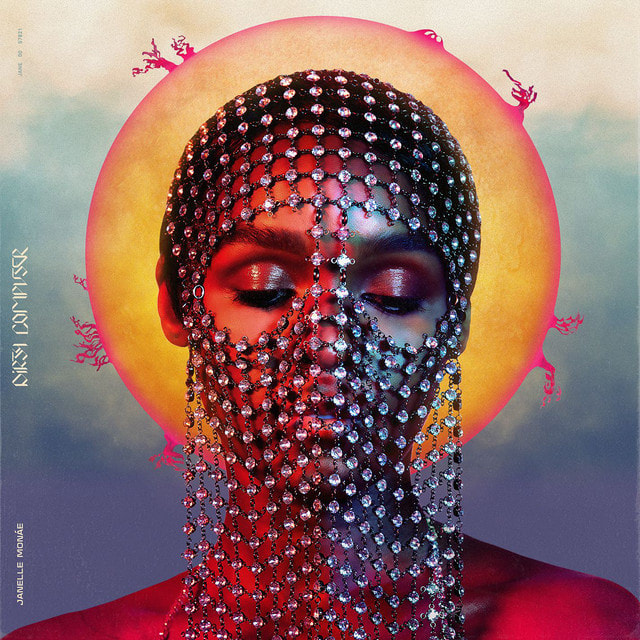
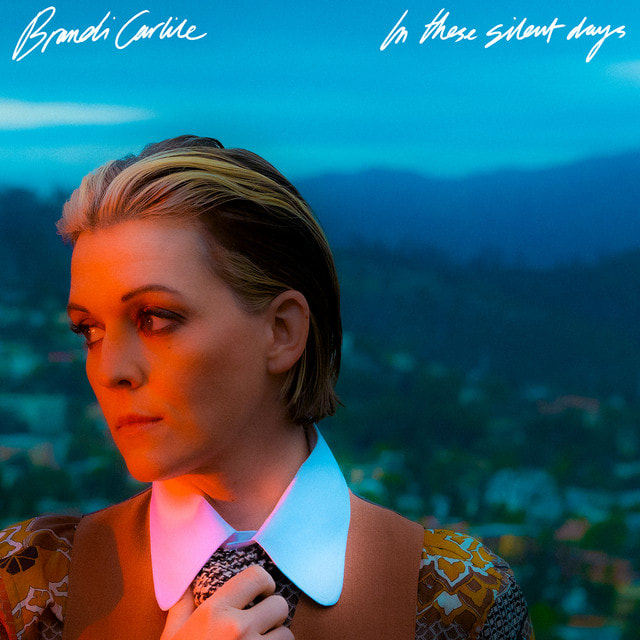

 RSS Feed
RSS Feed
